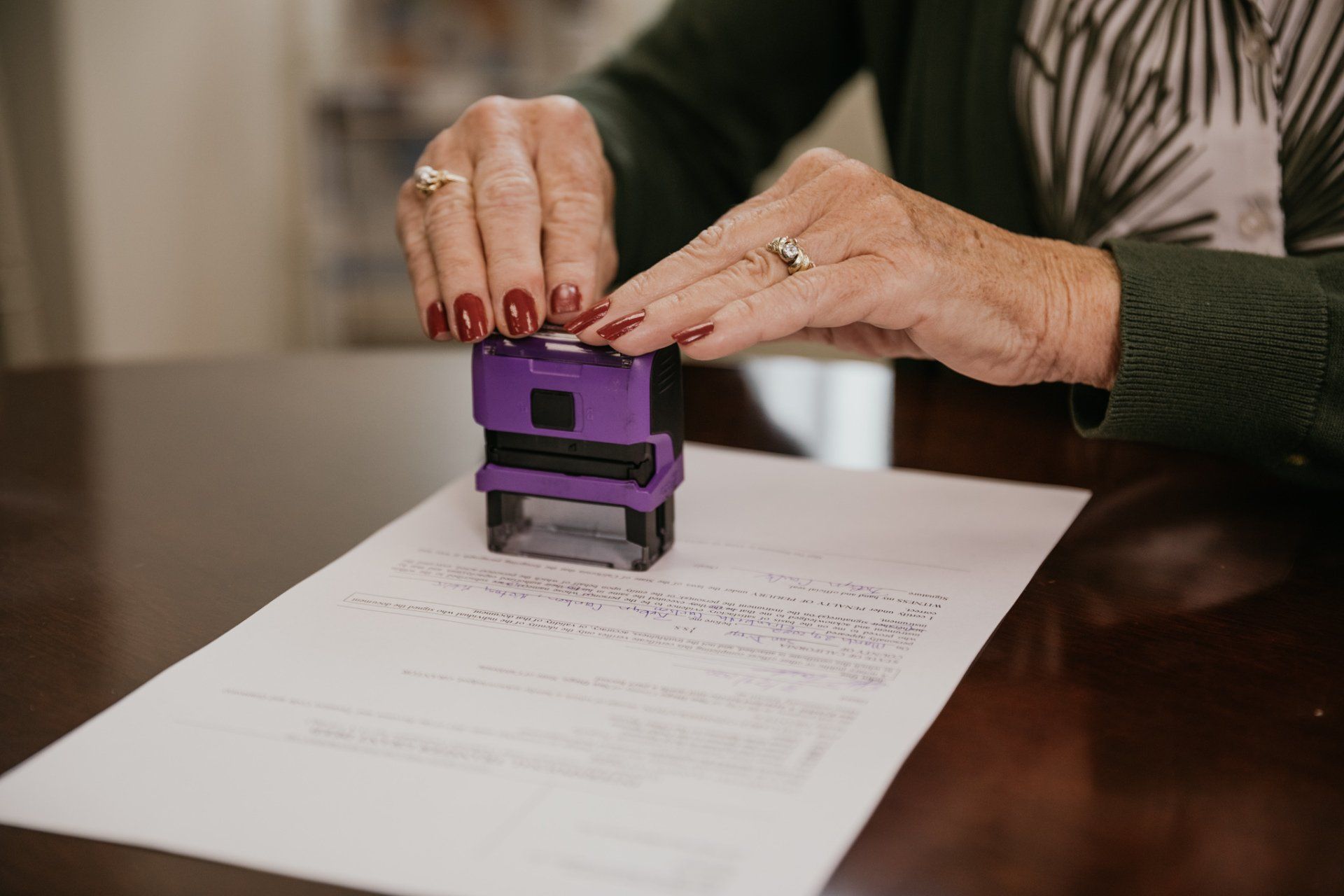Becoming a Notary: Skills, Certification, and Career Opportunities
A career as a Notary Public can be rewarding and fulfilling. Notaries ensure the authenticity of important documents, serving as a crucial component of the legal system. Whether you're looking to transition into a new career or are interested in understanding what it takes to become a notary, this guide will provide insights into the skills needed, the certification process, and the career opportunities available to notaries.
Essential Skills for Notaries
- Attention to Detail: Notaries must carefully review documents to ensure accuracy and completeness. Missing a signature or a stamp can invalidate an entire document.
- Ethical Integrity: As a notary, you will handle sensitive information and must do so without bias. Integrity is key in building trust with your clients.
- Organizational Skills: Notaries often handle multiple appointments and must keep detailed records of all notarial acts performed.
- Communication Skills: Clear and effective communication is crucial, especially when explaining the contents of a document to clients or when liaising with other professionals.
- Understanding of the Law: A good grasp of state laws and the legal implications of notarial acts are essential for every notary.
The Certification Process
- Education Requirements: Most states require candidates to complete a training course covering the laws and procedures relevant to notarial acts. These courses can often be completed online or at community colleges.
- Application and Examination: After completing the necessary education, you must apply to become a notary in your state. This process usually involves passing an exam that tests your knowledge of the laws and practices of notarization.
- Background Check: Applicants typically undergo a background check to ensure they have no felony convictions or major legal issues that would disqualify them from serving as a notary.
- Obtaining Supplies: Once certified, you must purchase your notary seal and a journal to record all notarial acts performed. These supplies are critical tools of the trade.
Career Opportunities for Notaries
- General Notary Work: Many notaries operate freelance, providing services for general document signing, from real estate deeds to contracts and loan documents.
- Specialized Notary Services: Some notaries specialize in fields such as mortgage or immigration documents, where specific knowledge and skills can enhance their marketability.
- Mobile Notary Services: As a mobile notary, you can offer on-the-go services, traveling to clients' homes or businesses to perform notarizations. This flexibility often attracts more clients due to the added convenience.
- Corporate Notary Services: Some corporations hire in-house notaries to handle all their legal document needs, providing a steady job and regular income.
- Loan Signing Agent: Another lucrative opportunity is to become a certified loan signing agent. These notaries are specially trained to handle mortgage documents and work closely with title companies and signing services.
Expanding Your Reach
- Joining Associations: Joining professional notary associations can provide support, resources, and networking opportunities that are invaluable in growing your career.
- Continuing Education: Keeping up with laws and regulations through continuing education is vital as these often change. Staying updated can also expand your services and enhance your professional credibility.
Becoming a Notary Public offers a unique blend of responsibilities and rewards. It requires a commitment to learning and excellence but provides opportunities to play a vital role in the legal system, ensuring the integrity of important documents. Whether you operate independently or work for an organization, a career as a notary can offer flexibility, job security, and the satisfaction of providing a crucial service to your community.












